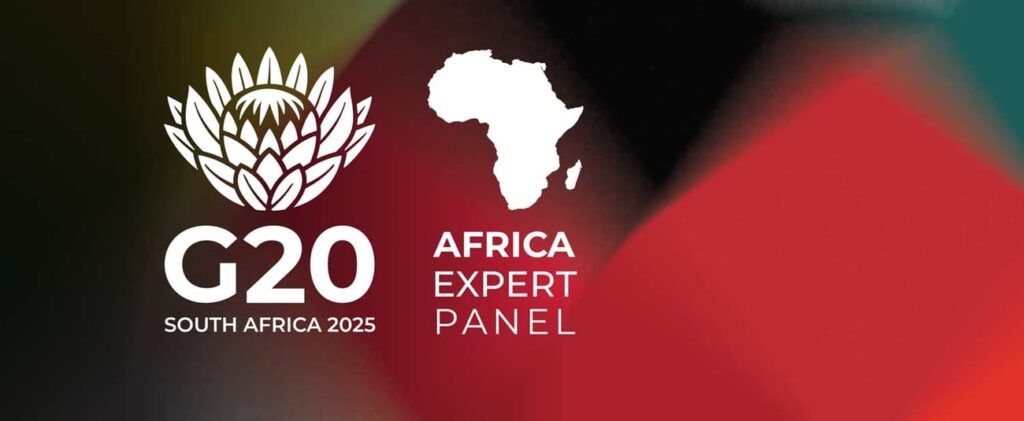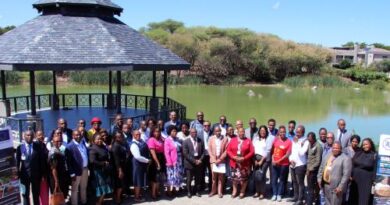G20 Experts Urge Debt Reform and Investment Surge for Africa
A new report released under South Africa’s G20 Presidency has called for a united global effort to tackle Africa’s debt challenges and accelerate long-term investment across the continent.
The report, produced by the Africa Expert Panel, highlights the pivotal role of the African Development Bank Group (AfDB) in mobilising resources for Africa’s low-income and vulnerable countries.
Speaking at the handover ceremony in Johannesburg, South African President Cyril Ramaphosa described the report as an important milestone in Africa’s first G20 Presidency.
He highlighted Africa’s potential as the next frontier for global prosperity, citing its youthful population, expanding innovation ecosystem, and abundance of natural resources. Ramaphosa emphasised that international cooperation will be essential in unlocking this potential.
The Africa Expert Panel comprises 25 specialists drawn from economics, development policy, academia, and financial institutions. The group is chaired by former South African Finance Minister Trevor Manuel, and includes senior AfDB figures such as Professor Kevin Chika Urama, Vice President and Chief Economist, and Dr Anthony Musonda Simpasa, Director of Macroeconomic Policy, Forecasting, and Research.
A central recommendation of the report is the sustained capitalisation of the African Development Fund (ADF)—the AfDB’s concessional financing arm, which is vital for low-income and fragile states.
The report positions the ADF and the World Bank’s IDA as the leading sources of grant and concessional funding on the continent. It comes ahead of the final ADF-17 replenishment meeting, scheduled to take place in London in December 2025.
The experts argue for a shift from traditional aid models towards investment-led development, supported by African-led institutions and strengthened global partnerships. They emphasise the need for continental and regional development banks to complement national financing efforts and help scale transformative investments.
The report highlights the African Development Bank’s growing capacity to accelerate investment in areas such as infrastructure, energy, health, education, and climate resilience. It praises the Bank’s use of innovative financing mechanisms, such as the Room2Run risk-transfer programme, which expand lending capacity without requiring additional capital, by shifting certain portfolio risks to private investors.
The panel also calls for development banks to prioritise frameworks that support national investment planning, improve institutional capacity, and mobilise both domestic and global private capital.
The report proposes several high-impact measures designed to stabilise debt burdens and unlock growth:
- Launching a G20 Debt Service Refinancing Initiative targeted at low-income countries.
- Establishing a Borrowers’ Club to enhance coordination, advocacy, and knowledge-sharing among debtor nations.
- Developing a transparent and efficient sovereign debt resolution mechanism to address restructuring challenges.
- Creating national and regional investment frameworks to drive economic transformation.
- Empowering African trade, finance, and development institutions to take on a greater leadership role.
- Strengthening international tax cooperation and intensifying efforts against illicit financial flows.
These recommendations will inform high-level discussions at the G20 Leaders’ Summit taking place this week in Johannesburg. They will also shape implementation of the G20 Africa Engagement Framework, endorsed by G20 Finance Ministers and Central Bank Governors in October during the IMF/World Bank Annual Meetings.



